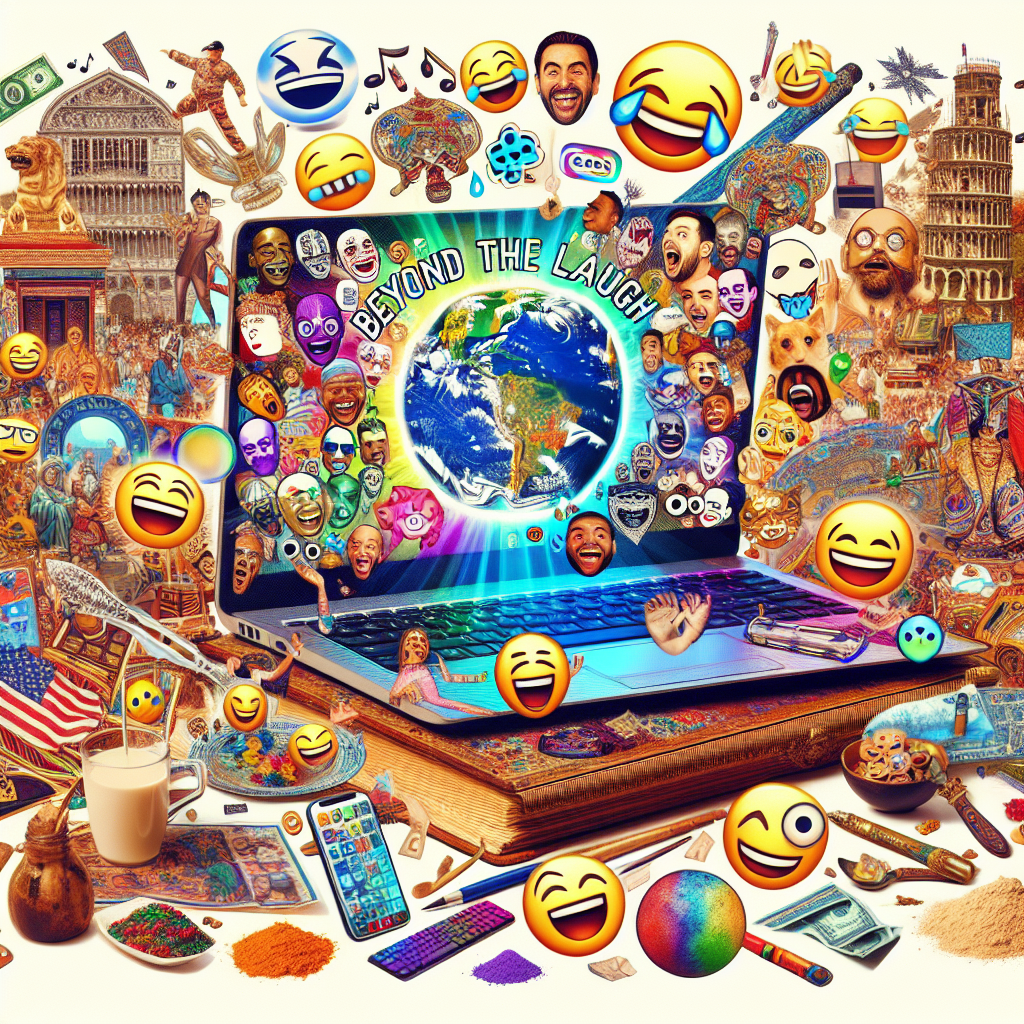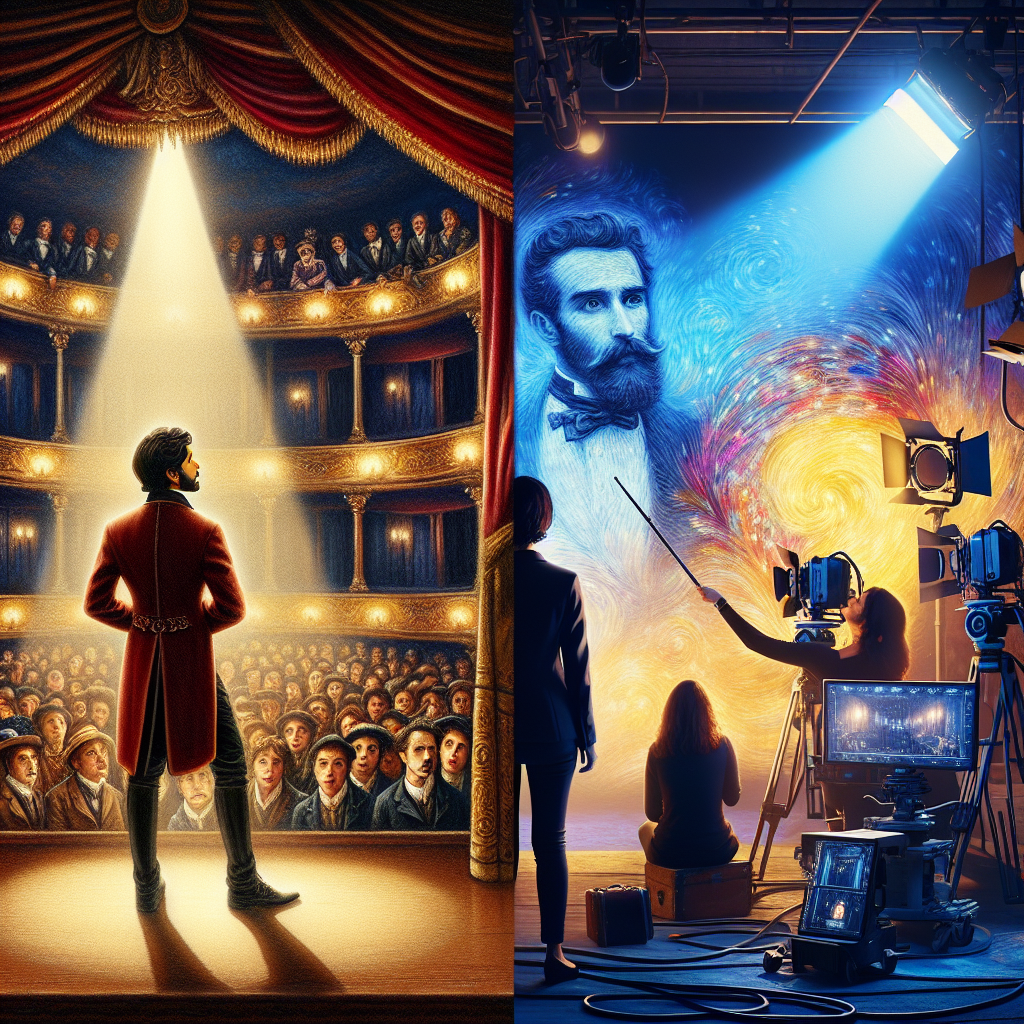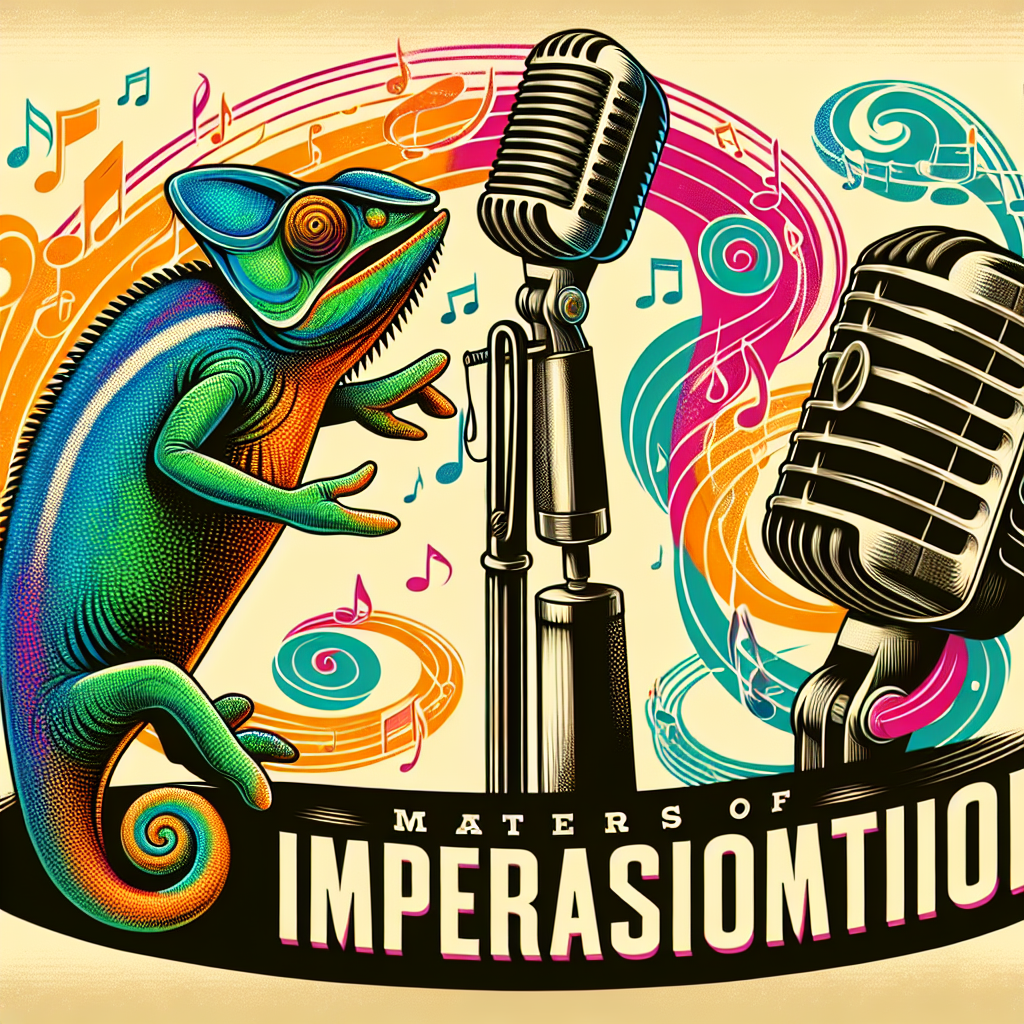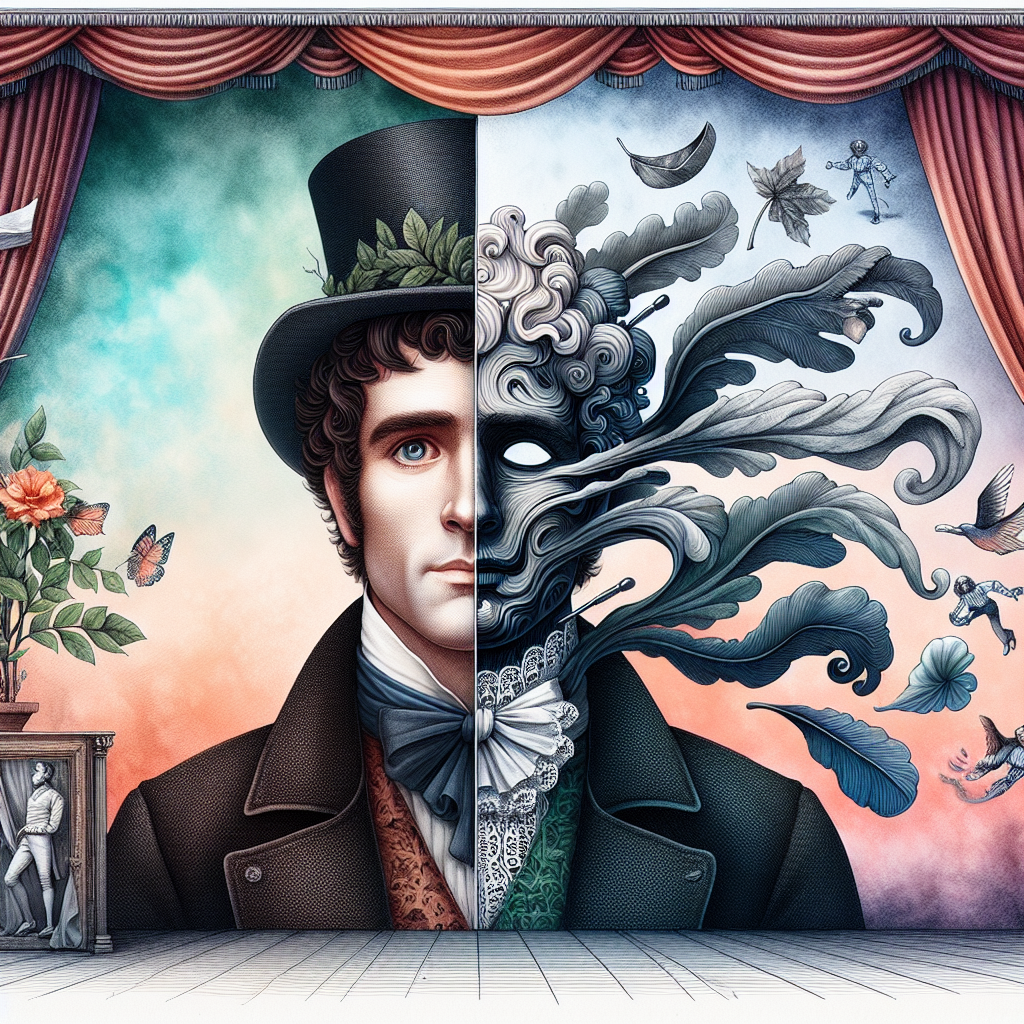Beyond the Laugh: The Cultural Impact of Meme Reactions

Table of Contents
- Table of Contents
- Understanding Memes and Meme Reactions
- The Components of a Meme
- The Evolution of Meme Culture
- Memes Through the Decades
- The Psychology Behind Meme Reactions
- Emotional Connection
- Cognitive Processing
- Meme Reactions as a Communication Tool
- Shortening Communication
- Facilitating Discussions
- Cultural Significance of Memes
- Subcultures and Identity
- The Role of Satire
- Impact on Marketing and Branding
- The Power of Relatability
- Engagement and Shareability
- Case Studies: Successful Meme Marketing
- 1. Wendy’s
- 2. Netflix
- Future Trends in Meme Culture
- Conclusion
- References
The digital age has transformed the way we communicate, express feelings, and share ideas. Among the most fascinating developments is the rise of memes and meme reactions. Often seen as mere entertainment or humor, these digital constructs hold substantial cultural significance. This article explores the cultural impact of meme reactions, their evolution, and their implications for businesses and society.
Table of Contents
- Understanding Memes and Meme Reactions
- The Evolution of Meme Culture
- The Psychology Behind Meme Reactions
- Meme Reactions as a Communication Tool
- Cultural Significance of Memes
- Impact on Marketing and Branding
- Case Studies: Successful Meme Marketing
- Future Trends in Meme Culture
- Conclusion
Understanding Memes and Meme Reactions
Memes can be defined as concepts or ideas that spread virally, often taking the form of images, videos, or phrases. Meme reactions are specific responses to content using existing memes—often humorous in nature. As noted by Merriam-Webster, the term was coined by Richard Dawkins in 1976 to describe how cultural information spreads.
The Components of a Meme
A meme typically consists of:
- Visual Element: This could be an image or video that resonates with viewers.
- Textual Element: Captions, tags, or comments that add humor, context, or critique.
- Cultural Context: The shared knowledge or experiences that enhance its meaning.
The Evolution of Meme Culture
What started as simple jokes and images on forums like 4chan or Reddit has evolved into a global phenomenon. Platforms such as Facebook, Twitter, and Instagram have changed how memes are created and shared. According to a study from the Pew Research Center, memes have become a staple in online dialogues, influencing trends and forming subcultures.
Memes Through the Decades
- Early Days: The early 2000s saw memes like "Dancing Baby" and "Bad Luck Brian" emerge.
- The Rise of Social Media (2010s): Memes began to reflect political events, societal issues, and even personal experiences, with an explosion of platforms encouraging their spread.
- Current Trends: Advanced technology and AI tools are now being used to create memes, pushing the boundaries of creativity and access.
The Psychology Behind Meme Reactions
Why are memes so effective as a form of communication? Research shows that memes trigger strong emotional responses. They function as social commentary, offering a way to articulate feelings in a relatable manner.
Emotional Connection
Memes often resonate because they encapsulate a shared experience or feeling. The American Psychological Association highlights how humor can serve as a coping mechanism, allowing individuals to bond over shared struggles.
Cognitive Processing
Memes are easily digestible; they combine complex ideas into simple, memorable visuals. Neuroscience research shows that humor enhances memory retention, making memes an effective conduit for information.
Meme Reactions as a Communication Tool
In today’s digital landscape, meme reactions serve as a significant means of conveying feelings and opinions without the need for lengthy explanations. Whether it’s a "distracted boyfriend" meme or a "this is fine" dog, these visuals quickly present complex emotions in relatable formats.
Shortening Communication
Meme reactions have reduced communication time, allowing users to express sentiments succinctly. This efficiency aligns well with the fast-paced digital world, where attention spans are shrinking.
Facilitating Discussions
Memes can spark conversations on pressing social issues. For instance, reactions to climate change memes have encouraged discourse among youth, leading to increased awareness and advocacy.
Cultural Significance of Memes
Memes are more than just humorous images; they reflect and shape cultural narratives. They hold the power to influence public opinion, often providing commentary on politics, social justice, and everyday life.
Subcultures and Identity
Memes serve as identifiers within specific communities, allowing users to bond over common interests. Subcultures such as "League of Legends" or "Harry Potter" have their own memeographies, which provide a sense of belonging and identity.
The Role of Satire
Many memes function as satire, critiquing societal norms and political climates. For example, the "Bernie Sanders sitting meme" became an icon for the critique of wealth inequality, garnering significant media attention.
Impact on Marketing and Branding
As the line between personal communication and marketing blurs, businesses are increasingly employing memes as part of their marketing strategies. When done correctly, memes can enhance brand visibility and engagement.
The Power of Relatability
Brands that utilize meme culture tap into familiarity. For instance, companies like Doritos and Wendy’s have successfully integrated memes to resonate with younger audiences.
Engagement and Shareability
Memes are inherently shareable; they encourage users to spread content rapidly across platforms. This element of virality can lead to significant organic reach for brands.
Case Studies: Successful Meme Marketing
1. Wendy’s
Wendy’s has mastered the art of combining witty memes with customer interaction. Their playful banter has led to notable online presence and increased customer engagement.
2. Netflix
Netflix uses memes to promote shows by creating relatable content that resonates with current social contexts. This strategy has helped the platform maintain its relevance among younger audiences.
Future Trends in Meme Culture
As technology evolves, so too will meme culture. A few trends to watch include:
- AI-Generated Memes: The rise of AI tools will simplify meme creation, democratizing this form of art.
- Meme Analytics: Brands will leverage data analytics to understand meme trends and consumer behavior better.
- Augmented Reality Memes: AR technology will allow for immersive meme experiences, enhancing user engagement.
Conclusion
Meme reactions transcend mere entertainment; they are powerful cultural tools that reflect societal trends, emotions, and identities. For entrepreneurs and marketers, understanding the significance of memes is crucial for effective communication and branding. As we move further into the digital age, the influence of memes will continue to grow, serving as a barometer for cultural shifts and consumer sentiments.
Exploring the world of memes can also provide valuable insights into how people connect and communicate. Understanding these elements will help entrepreneurs and marketers create relevant content that resonates deeply with their target audience. For more insights on digital marketing, check out our detailed article Marketing Strategies for Small Businesses.
References
- Merriam-Webster: Definition of Meme
- Pew Research Center: Memes are a way of communicating and bonding
- American Psychological Association: Coping with Humor
This substantial dive into meme reactions showcases their far-reaching implications in culture and communication. By understanding meme culture, readers can appreciate the depth behind this often-dismissed medium and its evolving role in our digital landscape.
Latest Posts
You Might Also Like

Lorem ipsum dolor sit amet, consectetur adipiscing elit. Ut elit tellus, luctus nec ullamcorper mattis, pulvinar dapibus leo.
TOP NEWS
Copyright © 2025 FunnyShowStreaming.site | All rights reserved.



















Comments are off for this post.